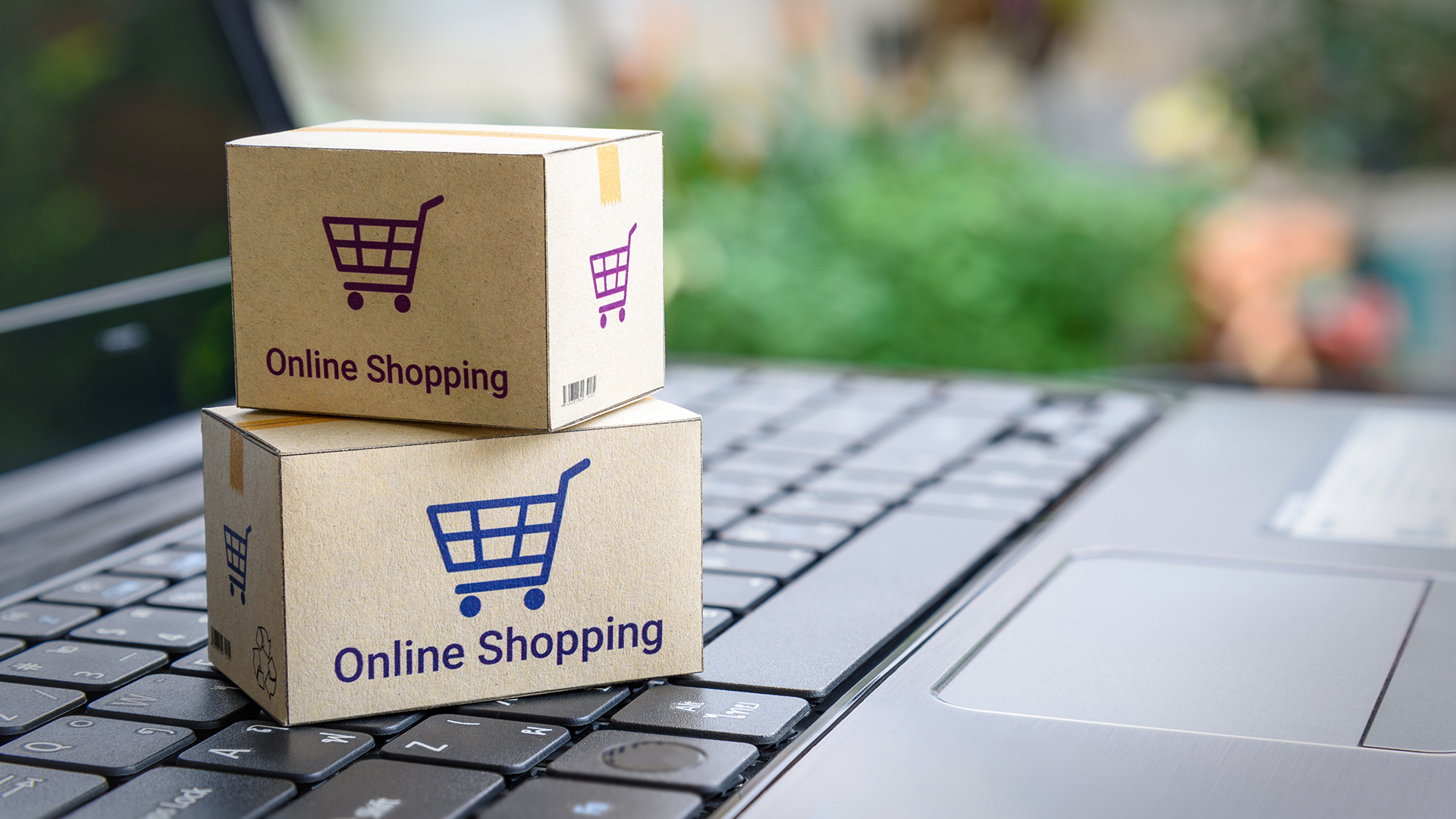Risk Management in Logistics: Ensuring Smooth Operations
- 2 August 2024
- 4 min to read
- 706 views

Effective risk management can prevent costly disruptions and maintain the integrity of the supply chain. Here are key strategies to enhance risk management in logistics.
Identifying Potential Risks
Risk identification is the first step. Logistics involves various risks such as natural disasters, geopolitical issues, and cyber threats. Recognizing these risks allows companies to develop appropriate mitigation strategies. A proactive approach is essential.
Developing a Risk Management Plan
Creating a comprehensive risk management plan is vital. This plan should include risk assessment, mitigation strategies, and contingency plans. It should be reviewed regularly to remain effective. For instance, consider alternative routes to avoid areas prone to natural disasters.
Leveraging Technology
Technology plays a significant role in management. Advanced tracking systems and predictive analytics can identify potential risks early. These tools enable companies to respond promptly to disruptions. Investing in the latest technology is a wise decision.
Training and Communication
Employees should be well-trained in management protocols. Regular training sessions ensure everyone is aware of their roles during a crisis. Effective communication channels must be established to relay information quickly and accurately.
Partnering with Reliable Vendors
Choosing reliable vendors reduces risks in the supply chain. Vendors with robust risk management practices can provide additional security. Conduct thorough evaluations before partnering with any vendor.
Insurance Coverage
Insurance is a critical component. It provides financial protection against unforeseen events. Ensure your insurance coverage is comprehensive and up-to-date.
Continuous Monitoring and Improvement
Continuous monitoring and regular audits help identify new risks and improve existing strategies. Staying updated with industry trends and best practices is necessary.
Effective risk management in logistics ensures smooth operations and protects the supply chain from disruptions. Implement these strategies to enhance your logistics operations. According to the World Economic Forum, disruptions can cost companies up to 20% of their value over a decade . Stay ahead of risks by partnering with Meest International.




